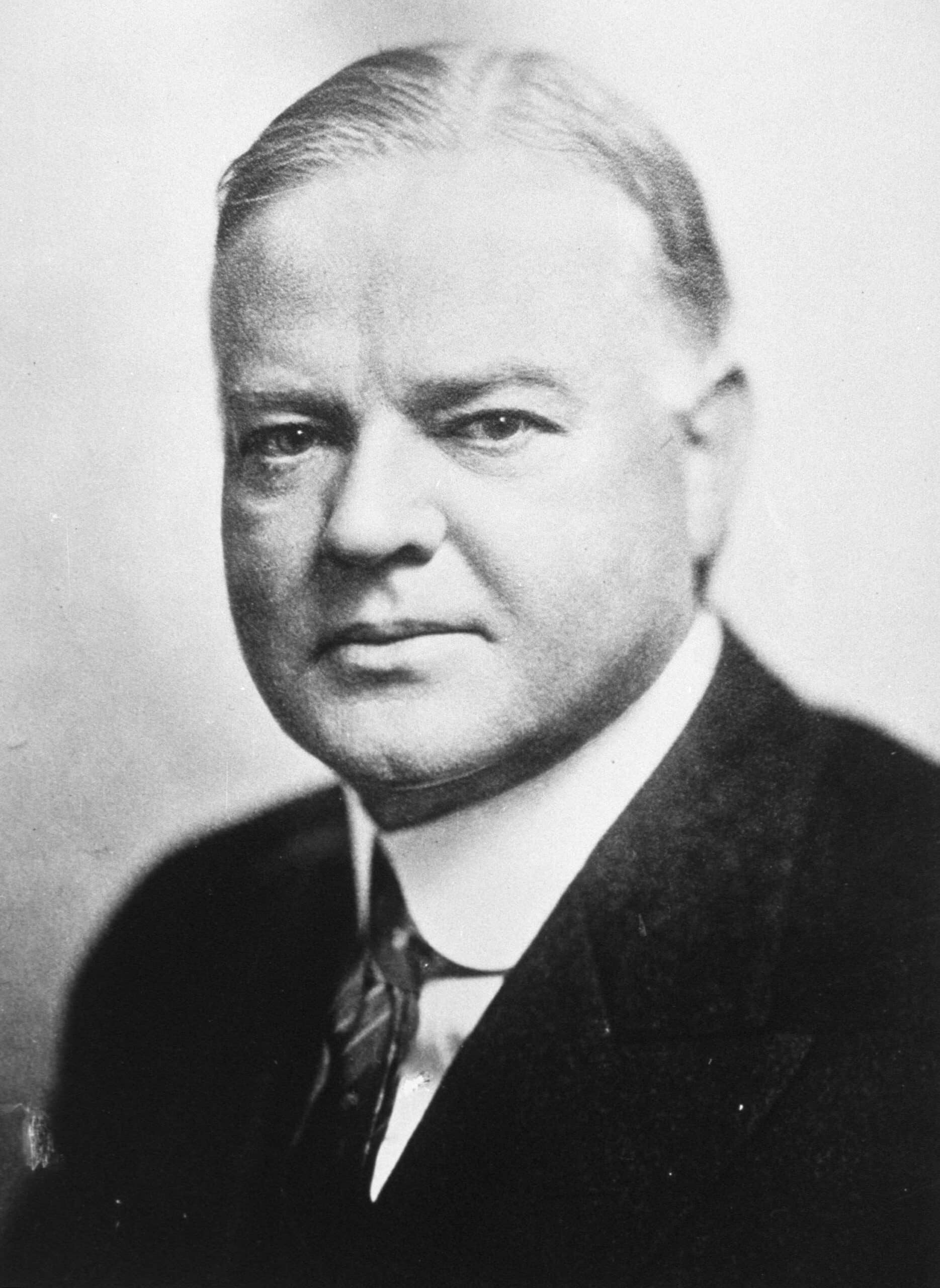President Herbert Hoover became the 31st President of the United States of America. He would come in as one of the more qualified presidents in recent American History. However, his presidency would quickly inherit a problem that he did not create but would be held responsible for.

The Great Depression would taint his presidency from the beginning and his lack of empathy and overall response to the situation.
The ironic part of Herbert Hoover is he was raised a Quaker and was a career humanitarian. However, he had a different view of government.
Hoover's Term
March 4, 1929: President Herbert Hoover is inaugurated as the 31st President of the United States.
March 28, 1929: The Hoover administration helped the Standard Oil Company of California obtain oil rights in the Sheikdom of Bahrain.
April 6, 1929: Hoover sends warplanes to the Arizona-Mexican border, where Americans were killed in a conflict with Mexicans and rebels.
June 15, 1929: President Herbert Hoover signs the Agricultural Marketing Act.
September 3, 1929: Stock prices reach an all-time high, and Hoover announced that America had won "the final triumph over poverty."
October 24, 1929: Black Thursday happens when the stock market crashes. This marks the beginning of the Great Depression.
December 2, 1929: Secretary of State Henry Stimson cites the Kellogg-Briand Pact, which symbolically outlawed war, to calm Chinese-Soviet Union hostilities.
April 22, 1930: The London Navy Treaty is signed.
June 17, 1930: President Herbert Hoover signs the Smoot-Hawley Act to raise tariffs on international products. The global community responds by raising tariffs in the United States.
December 2, 1929: Hoover asks Congress to support the Public Works Projects. He remained hesitant for the federal government to get involved with unemployment benefits.
December 11, 1929: The Bank of the United States closes. It would be one of 1,300 banks to close.
February 27, 1931: Congress overrides Hoover's veto to pass the Bonus Loan Bill.
June 20 - September 21, 1931: Hoover proposes a moratorium on debt to European countries. It would cause German banks to crash and was a failure.
September 18, 1931: Japan invades Manchuria and installs a puppet government that would anger the Chinese government.
December 7, 1931: Unemployed citizens, known as the "Hunger Marchers," arrived in Washington, D.C., to protest.
January 22, 1932: The Reconstruction Finance Corporation was created to lend money to banks, insurance companies, and other institutions.
July 2, 1932: Democrats nominate Franklin Roosevelt for President.
November 8, 1932: FDR defeats President Herbert Hoover in a landslide election victory.
March 4, 1933: Herbert Hoover escorts FDR to his inauguration.
